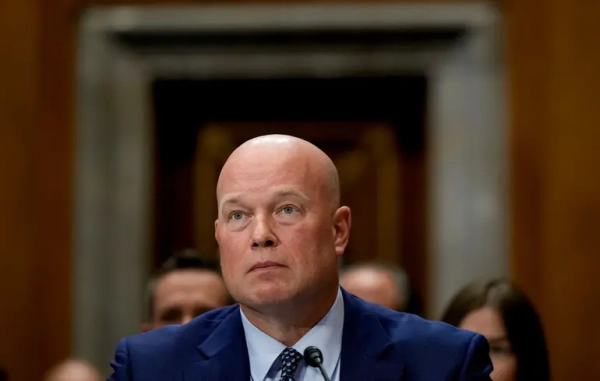In the wake of the Supreme Court overruling Roe v. Wade, the Pentagon announced Thursday that it will provide travel funding and approval for troops and their dependents to seek abortions outside of the states where they are based and where abortion is now illegal.
The moves are intended to address concerns about whether the U.S. military would be able to provide support to female service members who could be forced to travel away from the states where they were based in order to seek a legal abortion.
Defense Secretary Lloyd Austin issued a memo on Thursday outlining new policies that will be put in place later this year. They are an outgrowth of a review of existing Defense Department policies that Austin had ordered following the Supreme Court's decision in June.
The new policies will increase protections for the privacy of those involved and provide legal guarantees to military health care providers, who carry out the limited number of abortions covered by the Hyde Amendment, in states where abortion is not legal.
The military services already provide leave time to service members who have to travel for abortions, but the new policies will make it possible for service members to get the time off and be reimbursed for the travel costs to an out-of-state health care provider. The funding would not cover the cost of abortion services.

Female American soldiers salute in an undated stock image.STOCK PHOTO/Bumble Dee/Shutterstock
MORE: Here's where abortion is banned 3 months after Roe v. Wade was overturned
"I am committed to the department taking all appropriate action, within its authority and consistent with applicable federal law, as soon as possible to ensure that our service members and their families can access reproductive health care and our health care providers can operate effectively," Austin said in the memo announcing the new policy.
"The practical effects of recent changes are that significant numbers of Service members and their families may be forced to travel greater distances, take more time off from puwork, and pay more out of pocket expenses to receive reproductive health care," Austin continued.
"In my judgment, such effects qualify as unusual, extraordinary, hardship, or emergency circumstances for Service members and their dependents and will interfere with our ability to recruit, retain, and maintain the readiness of a highly qualified force," he added.
MORE: New abortion restrictions may push patients to more expensive, complicated care
Like the rest of the federal government, the U.S. military's health care system remains covered by the Hyde Amendment that allows abortions only in cases of rape, incest, or where the mother's safety is at risk.
A defense official told reporters Thursday that since 2016 the U.S. military's medical professionals have covered 91 abortion procedures that were allowed under the Hyde Amendment restrictions.
Military service members who had wanted an abortion for a reason not covered by the Hyde Amendment had to look to outside health care providers to carry out the procedure.
The length of time that service members have to notify their commanders of a pregnancy will be increased to 20 weeks, a big change from the current rule that notifications take place two weeks following a positive pregnancy test.
The new policies will also provide legal cover for military doctors who have had to provide abortions covered under the Hyde Amendment in states where abortion is now illegal. There had been concerns that military medical professionals who carried out such procedures at federal military medical facilities in states where abortion is now outlawed could face the threat of local prosecution.
Sourse: abcnews.go.com






